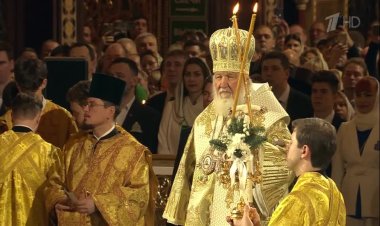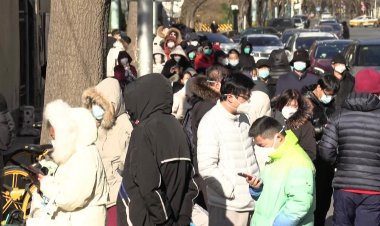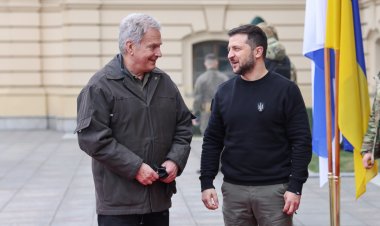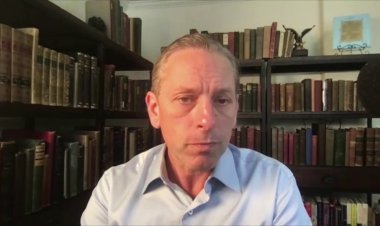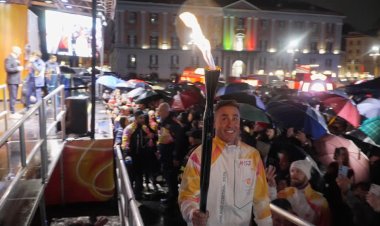Selma marks 60 years since 'Bloody Sunday'

In a powerful display of remembrance and continued activism, thousands gathered in Selma, Alabama to mark the 60th anniversary of "Bloody Sunday," the watershed 1965 event when peaceful voting rights protesters were brutally attacked by law enforcement on the Edmund Pettus Bridge.
The commemoration drew prominent figures including House Minority Leader Hakeem Jeffries, who emphasized ongoing voting rights challenges in contemporary America. Participants retraced the historic route across the bridge, honoring those who faced violence while advocating for fundamental democratic rights.
Charles Mauldin, who was just 17 when he participated in the original march, recounted the horrific violence that unfolded that day: "They began to beat men, women and children, and tear gas men, women and children, and cattle prod men, women and children viciously." This brutality, witnessed by Americans nationwide through media coverage, catalyzed support for the Voting Rights Act of 1965.
A special photo exhibit titled "Selma Is Now: The March for Justice Continues" featured restored images from the original protest, underscoring the movement's continued relevance. The 1965 marchers, led by John Lewis and Hosea Williams, were protesting systemic barriers to Black voter registration and the killing of civil rights activist Jimmie Lee Jackson by a state trooper.
Speakers at the anniversary event highlighted recent legislative efforts they view as restricting voting access and the dismantling of diversity initiatives. Many expressed concern about new voting restrictions and Trump administration policies affecting federal agencies that help safeguard democratic participation.
The commemoration served as both a solemn reminder of historical sacrifices and a rallying cry for ongoing civil rights work, illustrating how the struggle that reached a dramatic flashpoint on the Edmund Pettus Bridge six decades ago remains unfinished in American society today.




